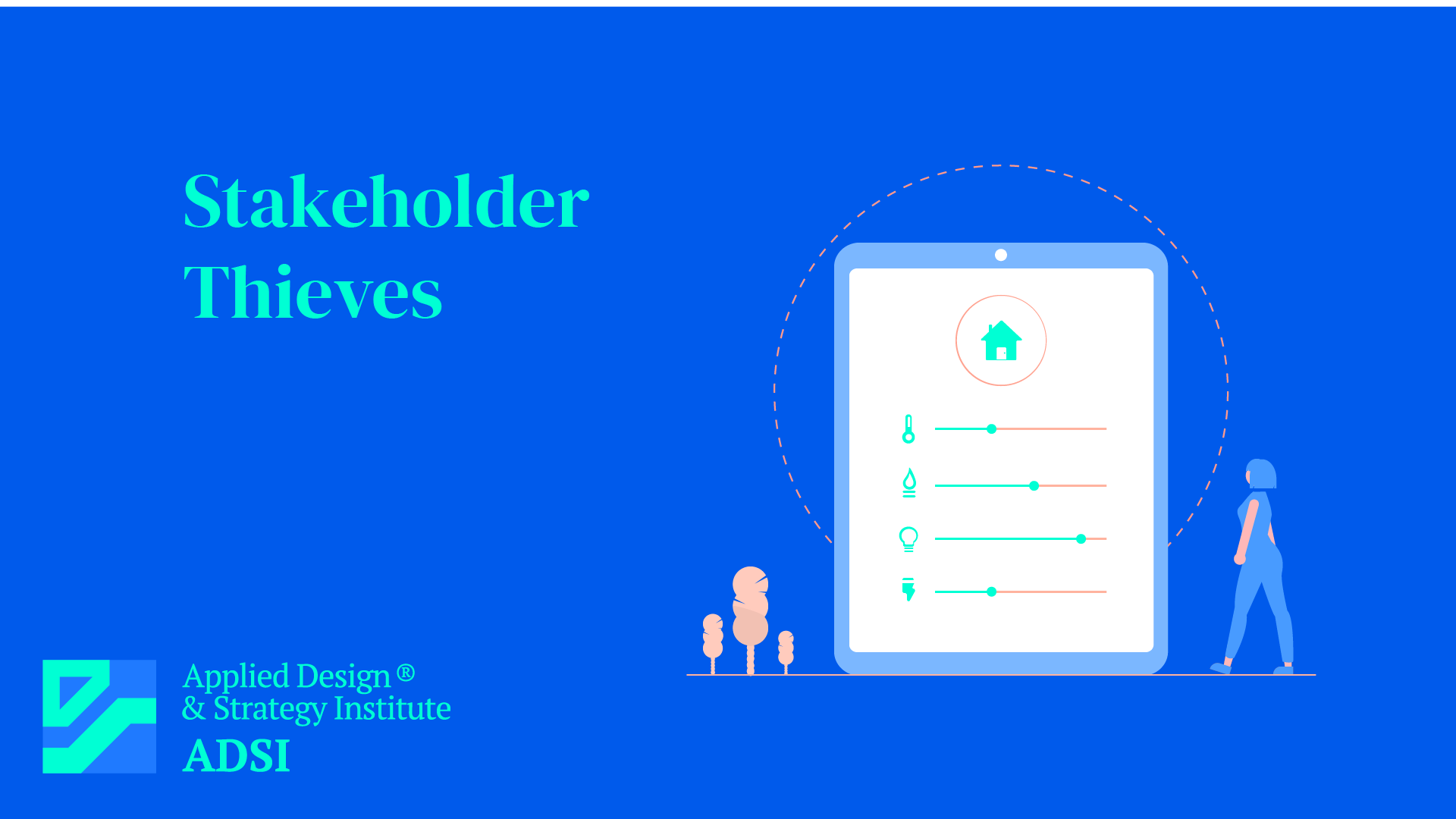Stakeholder Thieves
Introduction
The term “Stakeholder Thieves” is unconventional and not a part of standard business or organizational terminology. It seems to suggest a negative aspect of stakeholder behavior. In the absence of a standard definition, I’ll provide an interpretation based on a general understanding of stakeholders who might be taking unfair advantage or misappropriating resources in an organizational context.
Interpretation and Potential Characteristics
- Misappropriation of Resources: This could involve stakeholders who improperly use the organization’s resources for personal gain.
- Unethical Behavior: Engaging in behaviors that are unethical, such as stealing ideas, credit for work, or tangible assets.
- Harmful Impact on the Organization: Their actions might lead to financial losses, a toxic work environment, or damage to the organization’s reputation.
Addressing the Issue
- Strict Ethical Policies: Implement and enforce strong ethical guidelines and policies.
- Monitoring and Oversight: Establish robust monitoring mechanisms to detect and prevent such behavior.
- Consequences for Misconduct: Ensure there are clear and enforced consequences for unethical actions.
Preventive Measures
- Cultivating an Ethical Culture: Foster a workplace culture where ethical behavior is valued and reinforced.
- Transparency and Open Communication: Encourage a transparent environment where unethical behaviors can be reported and addressed without fear of retaliation.
- Regular Training and Awareness: Provide training to employees and stakeholders about ethical practices and the importance of safeguarding organizational resources.
Conclusion
While the term “Stakeholder Thieves” is not a formal concept in business, it highlights the importance of addressing and preventing unethical behavior within organizations. Effective management in this regard involves creating a strong ethical framework, vigilant oversight, and fostering a culture of integrity and transparency.



Leave a Reply